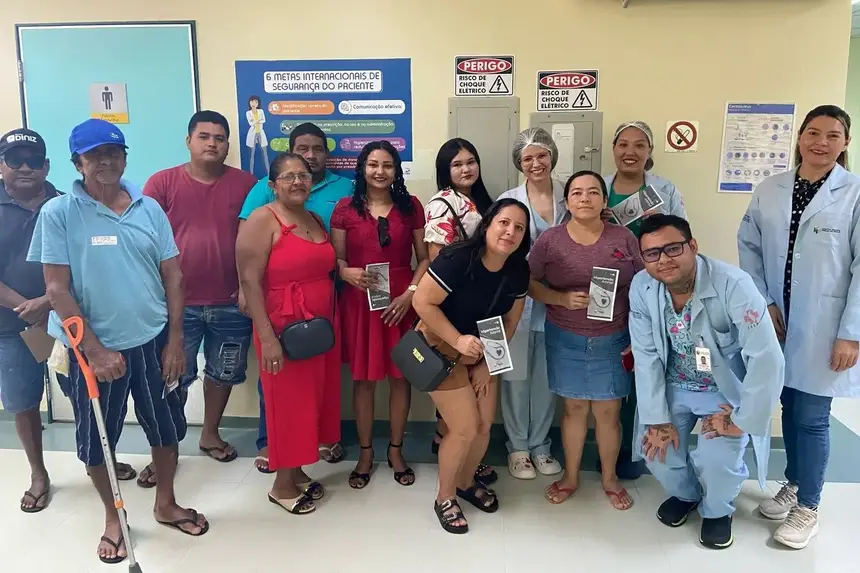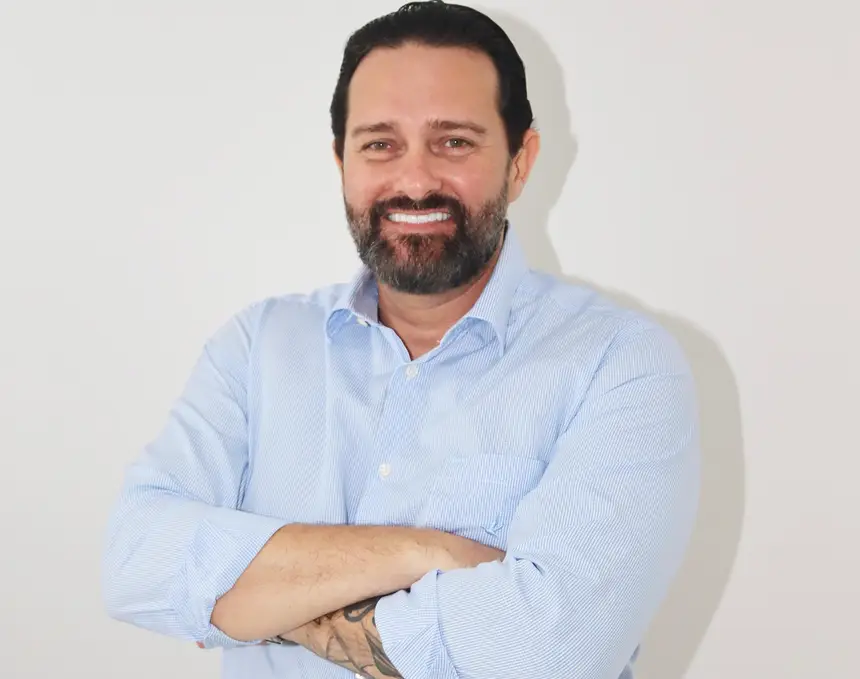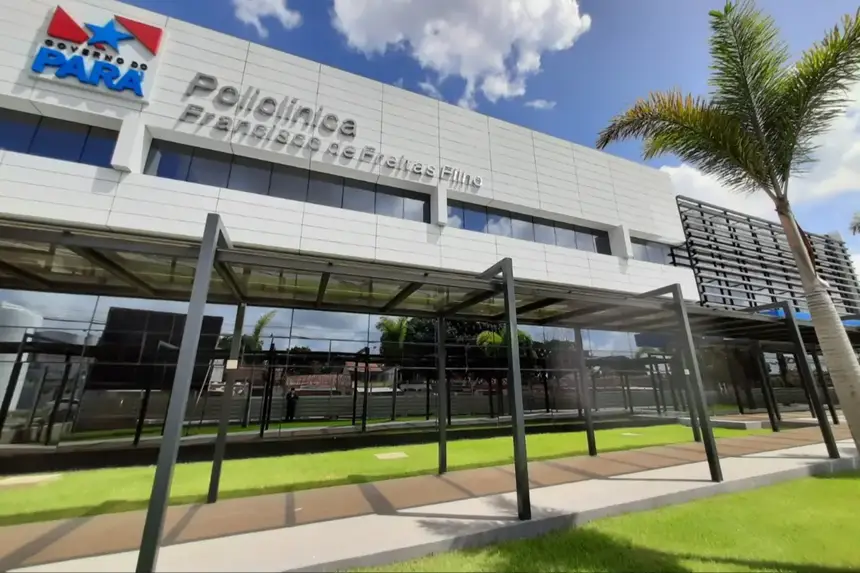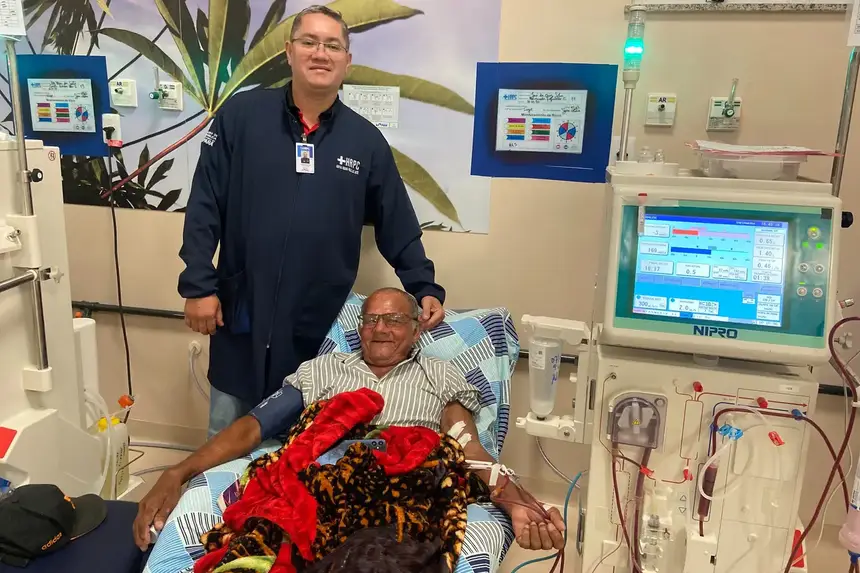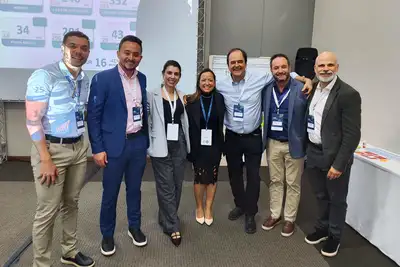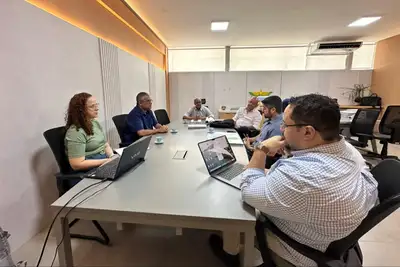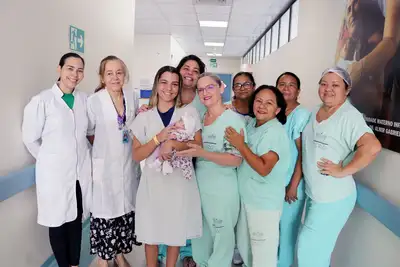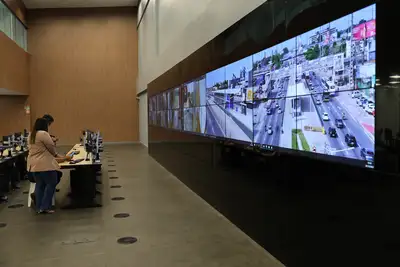State hospital hemodialysis centers perform over 8,000 treatments in the first months of the year
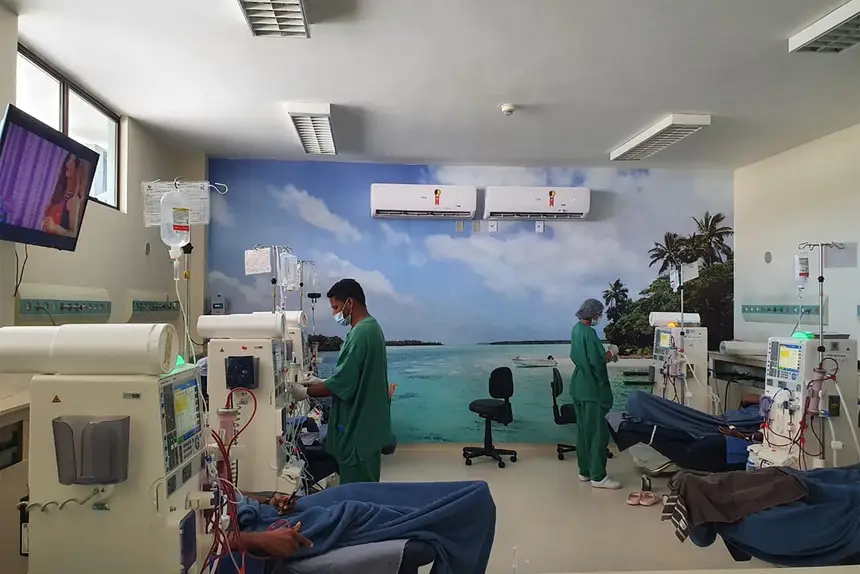
The decentralization of hemodialysis in Pará, promoted by the state government, aims to expand access to treatment for chronic kidney patients in different regions of the state, reducing the need for long trips to the capital. The initiative includes the creation of new hemodialysis centers in strategic regions.
Among them, at the General Hospital of Tailândia (HGT); and at the Polyclinic of Caetés, in Capanema; and at the Public Regional Hospital of Marajó (HRPM), in Breves, which resulted in 8,075 treatments from January to April of this year. These are state agencies, managed by the National Institute of Social and Human Development (INDSH), in partnership with the State Department of Public Health (Sespa).
HGT- The Hemodialysis Center of the General Hospital of Tailândia (HGT) has already performed over a thousand sessions since its inauguration, establishing itself as a reference in the care of patients with chronic kidney disease in the region. According to the nurse in charge of the sector, Jenifer Ribeiro, this is the 10th Hemodialysis Center delivered by the Government of Pará, which has been expanding access to this type of treatment in the interior of the state.
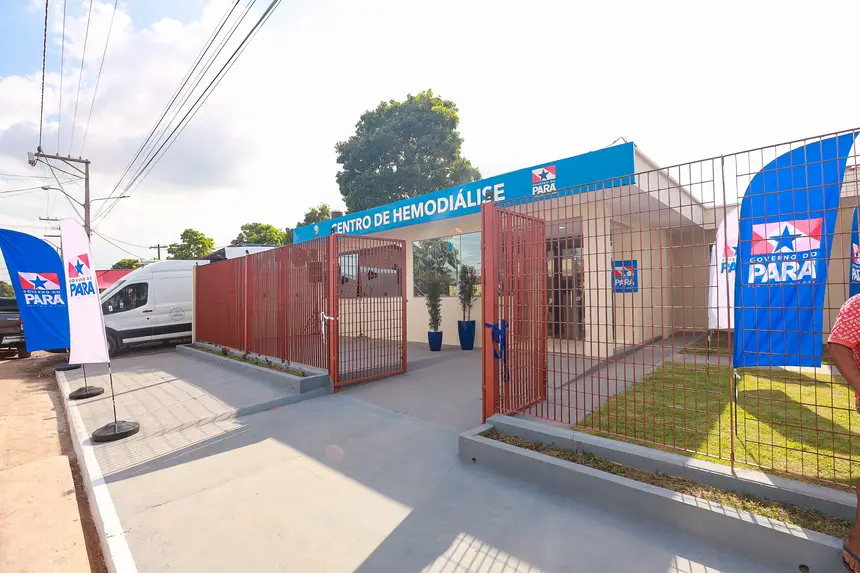
“In just the first months of 2025, we managed to perform 1,057 hemodialysis sessions, serving 44 patients who were referred from other locations. This represents a very significant advance for our region. The service has the capacity to serve up to 120 patients per month, which directly reflects on the care for the population and the quality of life of these people. It is a milestone that reinforces the state's commitment to expanding health assistance and continuously improving the care provided in Pará,” highlighted the nurse.
Approval - Mateus Oliveira, 24, is a resident of the Novo neighborhood in Tailândia. A hemodialysis service user for over two years, he went through different treatment centers before being referred, in March of this year, to the Hemodialysis Center of HGT. For him, the change represented more than convenience: it meant welcome, safety, and quality in care.
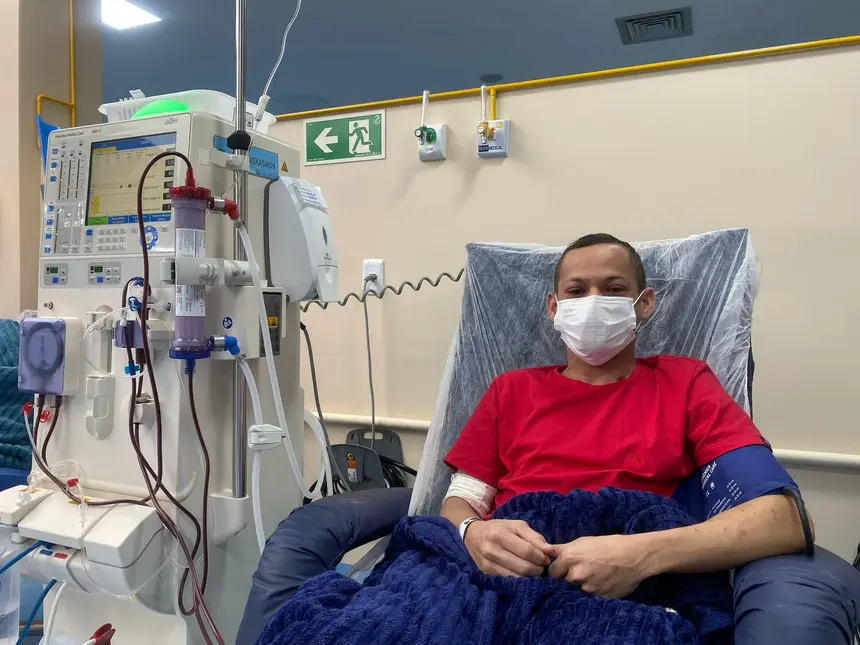
"I really like the care here. The team is always attentive and careful with us. The fact that I can do the treatment in the city where I live already makes my routine much easier. Before, we would leave at two in the morning to catch a bus to Tucuruí and only return at night. Now, with the clinic here, everything has improved. We feel welcomed and safer too. This makes a big difference for those who already face a difficult routine with hemodialysis," said the user.
HRPC - From January to April of this year, the Polyclinic of the Public Regional Hospital of Caetés (HRPC), in Capanema, performed a total of 5,072 hemodialysis sessions. In the health unit, the sector has 24 machines in the hemodialysis hall and operates with almost four daily shifts, serving an average of 103 users from 16 municipalities in the region.
For the unit coordinator, Tharciso Souza, the volume of sessions performed in this first quadrimester demonstrates how essential our service has been for the population of the region. “With an average of almost 1,270 sessions per month, we have managed to maintain the regularity of care thanks to the dedication of the multidisciplinary team and the structure we have at the Polyclinic. We remain committed to providing safe, humanized, and quality care to all our users.”
HRPM - As part of the program decentralizing hemodialysis health services in the state, the Public Regional Hospital of Marajó (HRPM), in Breves, in the southwest of Marajó Island, represents an important advance for public health in the region. The unit offers various procedures and specialized care to the population, with a focus on the Hemodialysis service, which is fundamental in the treatment of chronic kidney patients. In just the four months of 2025, the sector performed over 1,946 treatments, reinforcing the hospital's role as a reference in continuous and humanized care. In 2024, there were 5,839 sessions.
Approval - The elderly João Batista da Silva, 70, comments that he has been a user of the hemodialysis service at HRPM since 2023 and approves of the care, emphasizing the attention and humanization of the professionals. “They are very dedicated, treat us very well. They are qualified. I feel safe, especially when I come for hemodialysis, thank God,” concluded the retiree.
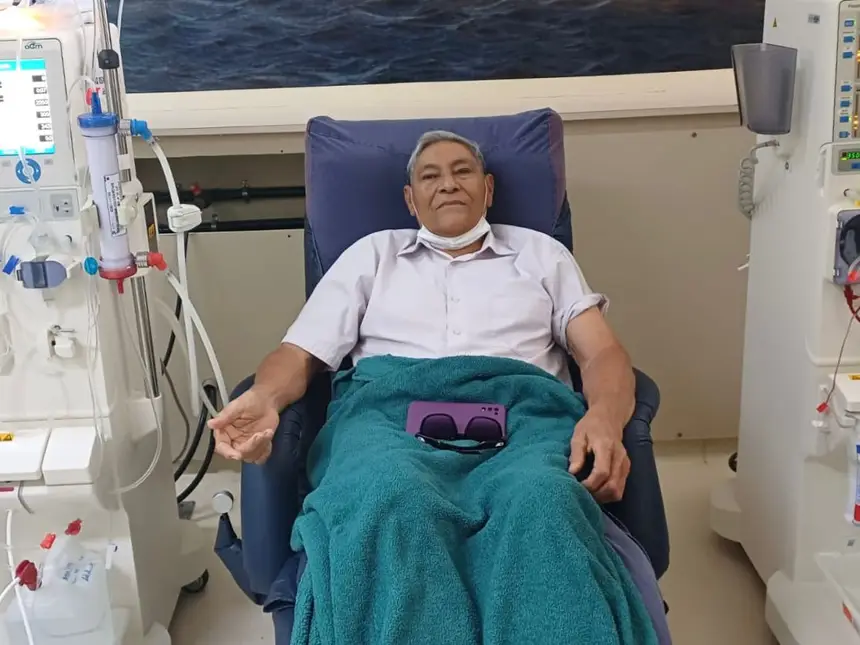
For Joseane Correa, the technical manager of the hemodialysis sector at the Regional Hospital of Marajó, her team has been working tirelessly to ensure that all patients receive the best possible care in a welcoming and safe environment. “We invest in training our team of professionals to improve the quality of care and the safety of the procedures performed.”
She states that the sector's team is committed to providing humanized treatment, respecting individualities, and promoting a space where everyone feels comfortable sharing their experiences.
For the Operational Director of INDSH, José Neto, who manages the units in partnership with the State Department of Public Health (Sespa), these units do this work and truly save lives, as hemodialysis is a treatment that guarantees the patient's life. He adds that the service requires excellent quality and safety standards without any notification of serious adverse events.
Moreover, the manager emphasizes that the units offer multidisciplinary follow-up and state-of-the-art equipment, as well as cutting-edge water treatment systems, in order to provide extremely safe treatment to the population of Pará.
“Here in Pará, there has been a growing offer of this service. INDSH, a partner of Sespa and the state government, throughout Pará, works for the user of the Unified Health System (SUS), who receives this service in an adequate and safe manner.”
Structure - The Hemodialysis Center has 200 square meters of area, with seven machines installed for outpatient hemodialysis, two for ICU treatment, and one safety machine. The structure ensures care for up to 21 fixed patients in three shifts. The service also has a multidisciplinary team composed of nephrologists, vascular surgeons, nurses, nursing technicians, social workers, nutritionists, physiotherapists, and psychologists.
Text: Vera Rojas, with information from the Ascom of the units.


